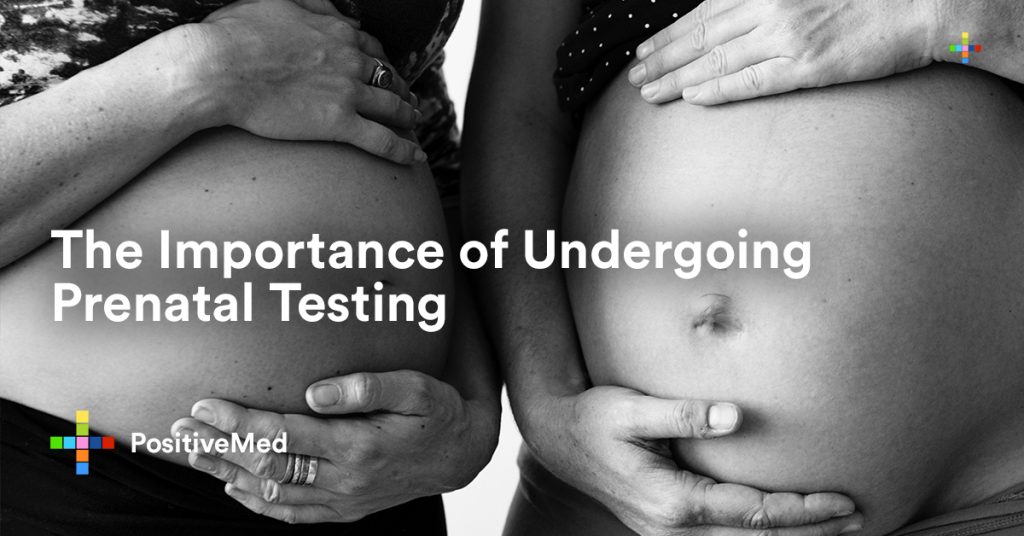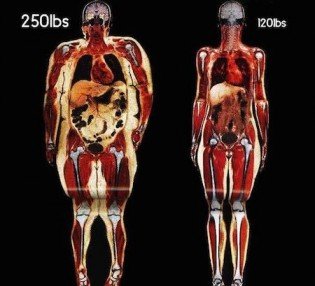Pregnancy can be the most beautiful thing that can happen to a woman, but it’s important to know what to do to keep the baby as healthy as possible throughout this stage. With this, expectant mothers are encouraged to have regular health checkups where they can be assessed and tested. These prenatal testing are essential, as they will be able to gather further information about the mother’s health as well as her baby’s.
Your doctor may suggest several prenatal tests along the way, and while you know they are useful, it is important to know why. Below are some recommended prenatal procedures for pregnant women and what they may mean.
Routine prenatal testing
During your consultations with your doctor, you will have to undergo several prenatal tests that are routinely done during the first, second, and third trimesters. Some are recommended to check on your baby’s health while others simply get information about fetal development.
These routine exams include blood and urine tests that check for certain conditions, including hepatitis B, HIV, and other sexually transmitted diseases, diabetes, anemia, and preeclampsia or high blood pressure during pregnancy. Aside from these blood tests, you may also get a pap smear or a Group B Strep screening a month before giving birth. Meanwhile, an ultrasound may be requested twice in your pregnancy to check how far along you are and to determine how developed the baby and his or her organs are.
Prenatal screening tests
There are certain tests that you may or may not be recommended to you, such as certain prenatal screening tests. These procedures identify whether or not your baby is at risk for certain birth defects or inherited conditions. Usually, screening tests are done during your first or second trimesters. In case of a positive result in a particular test, your doctor will discuss the option of diagnostic testing to confirm a diagnosis.

Between your 11 th and 14 th week of pregnancy, your healthcare provider may offer a special type of ultrasound known as a nuchal translucency ultrasound, which checks the amount of fluid accumulated at the back of your child’s neck. When the amount is higher than normal, there’s a higher risk for your baby to have Down syndrome. Another kind of ultrasound that may be recommended during the second trimester is a fetal anatomy survey, which provides a careful head-to-toe evaluation of the baby to check for any birth defects.
External fetal heart monitoring
Sooner in your pregnancy, you will be asked to observe and count your baby’s “kicks,” but in case your baby isn’t being active like he or she is supposed to, your doctor may ask you to undergo a nonstress test, where an external fetal heart monitoring is done. The procedure involves using two flat sensors attached to elastic belts that will be wrapped around your belly. One sensor will record your baby’s heart rate while another, known as a toco transducer , will measure how long your contractions will last.
This screening test indicates whether or not your baby is receiving adequate oxygen inside the womb. In case of a nonreactive result, additional testing may be required.
Prenatal diagnostic tests
Prenatal diagnostic testing may precede a positive screening test, as they tell with certainty if the baby has a certain genetic condition. Such tests involve checking on the cells of the fetus or the placenta, which are obtained through procedures like amniocentesis or chorionic villus sampling. Most of the time, the tests show a negative or normal result. But in case of a positive one, your doctor will explain to you in detail what the condition is about and provide options on how you can manage it.
At the end of the day, prenatal testing is not meant to cause anxiety to expectant mothers. Rather, it is meant to check on the baby’s health and to prepare for what’s to come.









